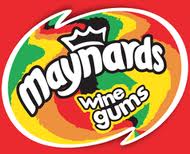An infographic produced by IgnitionOne indicated the rapid growth of online sales over the past four years. Many people still think of physically browsing in a mall when they think of shopping, but it is projected that in 2012, only 32% of sales will be in store.
What could this mean for business owners? Well for starters, they are able to sell their products without having a store, which greatly reduces their costs. On top of that, they are able to reach a larger market where consumers can access a company’s products with the click of a button. Businesses also are able to conduct easy market research, a point well elaborated on in Comm 101, by keeping track of products viewed by the same consumer to determine customer preferences. Many attribute the rise in online sales to the growing popularity of Cyber Monday, where sales are up 33% since 2010, and online discussion of the event grew by 115%. Is a rise in e-commerce good for consumers? Many people find it more convenient to shop online; they can get exactly what they want without having to leave their house and stand in an annoying line. Instead, they simply order it online and have their purchase delivered right to there doorstep. It sounds pretty ideal, but at the same time, we have to consider that some things still are better purchased in person. The issue of finding the right fit and needing to try apparel or shoes on before purchasing still requires a trip to the mall, so maybe it won’t be possible to have 100% of sales online, but majority of sales already are.-
Recent Posts
Recent Comments
- Anonymous on Hello world!
Archives
Categories







